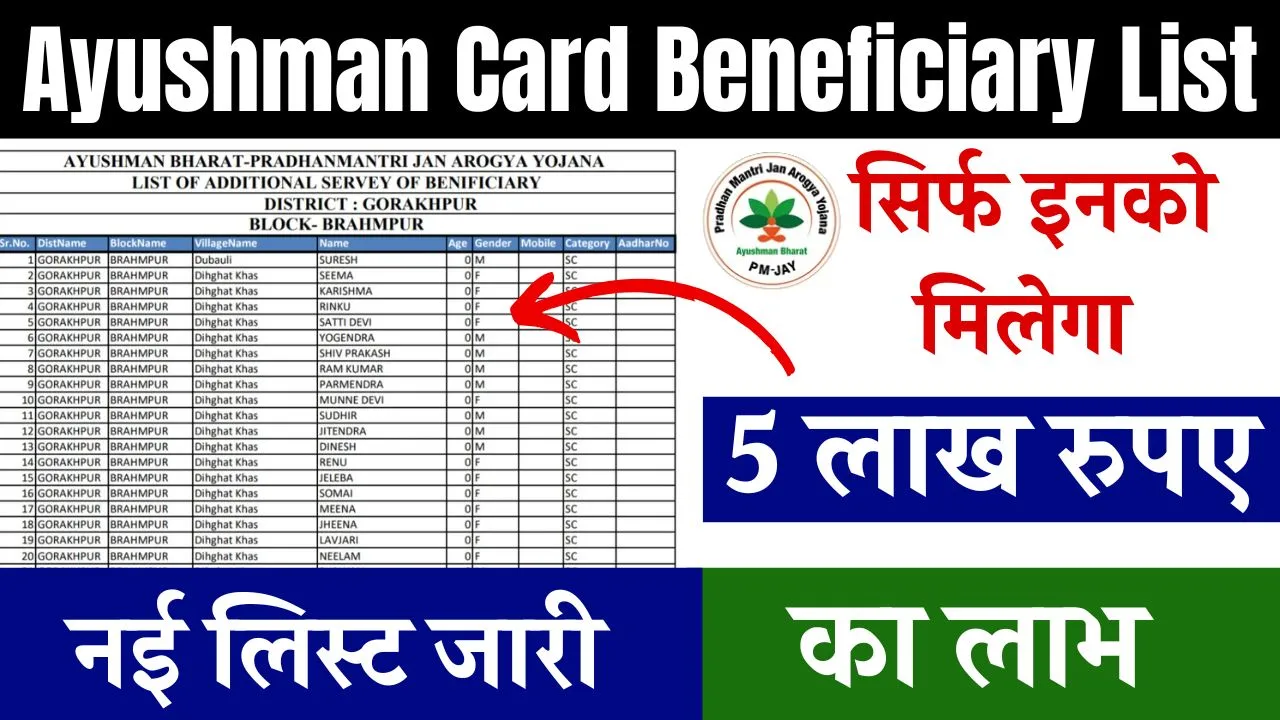£221.20 Weekly State Pension: In July 2025, the UK State Pension received a significant increase, bringing relief to many pensioners amid rising living costs. The new weekly amount stands at £230.25, up from the previous £221.20. This boost reflects the government’s commitment to maintaining pensioners’ purchasing power through the triple lock system, which safeguards against inflation and wage stagnation. However, not everyone will receive the full payment.
Your actual pension amount depends on your National Insurance (NI) contribution record, your age, and other eligibility factors. If you’re approaching retirement or already receiving your pension, understanding these changes can help you plan your finances better and explore ways to maximize your pension income.
£221.20 Weekly State Pension
The £221.20 weekly State Pension was the standard full payment before the 2025 increase and serves as a baseline for understanding your pension entitlements. This figure represents the full amount available to those who have made 35 qualifying years of National Insurance contributions without contracting out of the Additional State Pension.
For many, the pension is a vital source of income during retirement, offering financial security and peace of mind. If you have fewer qualifying years, your pension will be proportionally lower, but a minimum of 10 years is required to qualify for any payment. The new rise to £230.25 reflects the government’s efforts to keep the pension system fair and responsive to economic realities.
Overview Table: Key Facts on State Pension and 2025 Changes
| Feature | Details |
| New State Pension Rate | £230.25 per week (£11,973 annually) |
| Previous Weekly Pension Rate | £221.20 |
| Basic State Pension | £176.45 per week |
| Minimum Qualifying NI Years | 10 years |
| Full Pension NI Years | 35 years |
| State Pension Age | 66 (rising to 67 by 2028) |
| Increase Mechanism | Triple Lock: highest of CPI inflation, earnings growth, or 2.5% |
What’s Changing in 2025?
The State Pension increase in 2025 was driven by the triple lock system, which guarantees pension rises in line with whichever is highest among inflation, average earnings growth, or a set minimum of 2.5%. In 2025, average earnings grew by 4.1%, leading to the highest boost since the triple lock began. This rise ensures that pensioners don’t lose purchasing power despite rising costs across essentials like food, energy, and healthcare.
This update means full-rate pensioners will now receive £230.25 weekly. But those with gaps in their National Insurance record or who opted out of additional pension schemes before 2016 may see a different figure. Understanding your specific circumstances is crucial to knowing what to expect.
What Is the State Pension?
The UK State Pension is a government-backed income paid to people who have reached State Pension age, providing financial support in retirement. It comes in two forms:
- Basic State Pension: For those who reached pension age before April 6, 2016.
- New State Pension: For men born on or after April 6, 1951, and women born on or after April 6, 1953.
The new State Pension system simplified pension entitlements and aimed to make payments fairer. The 2025 increase applies to this new system, which most pensioners now fall under.
How Is the Increase Calculated?
The triple lock system annually adjusts pensions based on the highest of three measures:
- Consumer Price Index (CPI) inflation,
- Average earnings growth,
- A guaranteed minimum increase of 2.5%.
For 2025, average earnings growth of 4.1% triggered the pension increase. This system protects retirees from losing out during economic ups and downs and helps maintain their standard of living.
Who Is Eligible for the Full £230.25?
To get the full new State Pension, you must:
- Have 35 qualifying years of National Insurance contributions or credits.
- Not have contracted out of the Additional State Pension (many private or workplace pension schemes opted out before 2016, which reduces your entitlement).
- Reach the State Pension age, currently 66, rising to 67 by 2028.
If you have fewer than 35 years but at least 10 years of contributions, you’ll receive a proportionally lower pension. Below 10 years, you’re not eligible for any State Pension.
What Counts as a Qualifying Year?
Qualifying years come from:
- Paying National Insurance contributions through employment or self-employment.
- Receiving National Insurance credits, such as for maternity leave, caring responsibilities, or unemployment benefits.
- Some credits can be backdated to cover missed years, so it’s worth checking your record.
If you think you might be missing years, reviewing your National Insurance account online is an important first step.
Why Might You Receive Less?
Two common reasons for reduced pensions are:
- Contracting Out: Before April 2016, many people opted out of parts of the Additional State Pension to pay into private or workplace pensions. This reduces their State Pension entitlement.
- Gaps in Contributions: Time spent unemployed, raising children, or working abroad without paying NI contributions can create gaps that lower your pension amount.
How to Boost Your State Pension
If you’re nearing retirement and want to increase your pension:
- Pay Voluntary Contributions (Class 3 NI): You can pay for up to six years prior to retirement to fill gaps in your record.
- Backpay: Some can pay contributions going back as far as 2006 to maximize entitlement.
- Each year added increases your weekly pension by about £5.55, which adds up over your retirement years.
For those with complex contribution histories, consulting a pension advisor or using free online tools like MoneyHelper can be invaluable.
How to Claim the State Pension
You must apply for your State Pension—it’s not paid automatically. The government will notify you about four months before you reach pension age, but you can apply online, by phone, or by post:
- Online: Visit GOV.UK and search “Get Your State Pension.”
- Phone: Call 0800 731 7898.
- Post: Request a claim form via the government website.
Have your National Insurance number, bank details, and proof of identity ready when applying.
FAQs
1. How do I check how much State Pension I’m entitled to?
Use the “Check Your State Pension” tool on GOV.UK for a personalized forecast.
2. Can I increase my State Pension if I have missing years?
Yes, paying voluntary Class 3 contributions can fill gaps and boost your weekly pension.
3. When does the new State Pension rate come into effect?
The updated rate of £230.25 per week takes effect in July 2025.
4. What if I have fewer than 35 qualifying years?
You’ll receive a proportion of the full pension based on your qualifying years, with a minimum of 10 years required.
5. Can National Insurance credits from caregiving count towards my pension?
Yes, certain credits like maternity or carer’s allowance count and can be backdated if needed.














